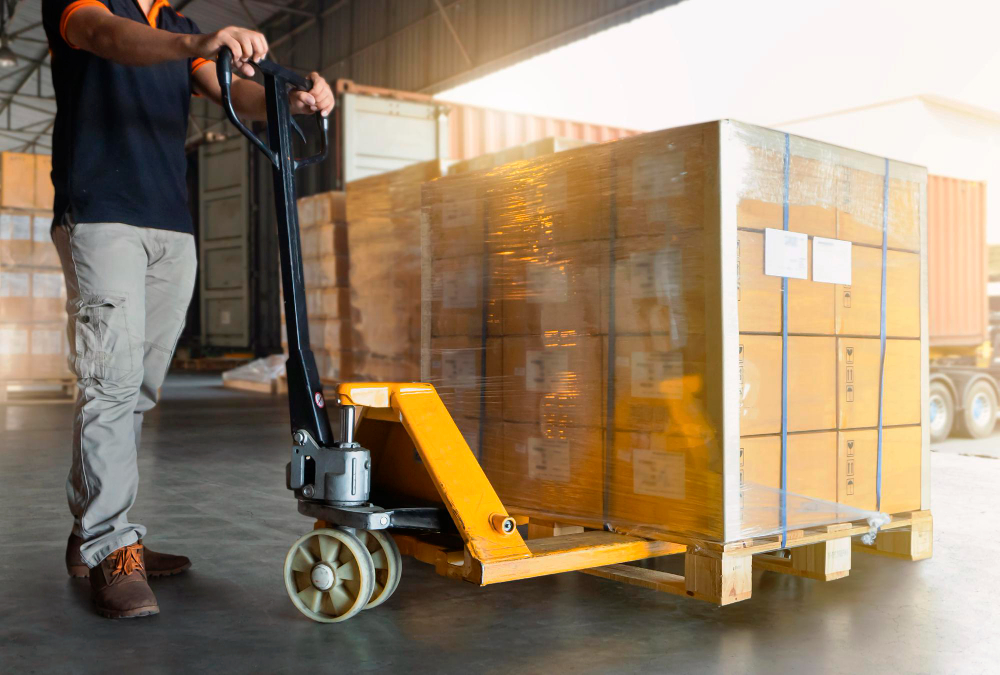


 149,200 Offered Certificates
149,200 Offered Certificates
 24/7 Online Training
24/7 Online Training
 Money Back Guarantee
Money Back Guarantee
 Fully Accredited Courses
Fully Accredited Courses

Created at: 2024-03-21 19:46:56
Compliance with Abrasive Wheels training regulations is essential for maintaining workplace safety and meeting legal requirements. Here's a guide on how to ensure compliance with Abrasive Wheels training regulations:
Understand Regulatory Requirements: Familiarize yourself with relevant health and safety regulations governing abrasive wheel operations in your jurisdiction. Regulations may vary depending on the industry, location, and type of abrasive wheels used.
Identify Training Needs: Assess the training needs of your workforce to determine who requires Abrasive Wheels training based on their job roles, responsibilities, and exposure to abrasive wheel operations. Ensure that all employees involved in abrasive wheel operations receive appropriate training.
Select an Accredited Training Provider: Choose an accredited training provider that offers Abrasive Wheels training courses recognized by relevant regulatory bodies. Verify that the training provider's courses meet regulatory requirements and cover essential topics such as hazard identification, safety procedures, and emergency response.
Ensure Training Completion: Ensure that all employees required to undergo Abrasive Wheels training complete the training course within the specified timeframe. Keep accurate records of training completion, including dates, participant names, and certificates issued.
Provide Refresher Training: Schedule regular refresher training sessions to ensure that employees maintain their knowledge and skills in abrasive wheel operations. Refresher training is especially important when there are changes to regulations, equipment, or work procedures.
Review and Update Policies: Regularly review and update workplace policies and procedures related to abrasive wheel operations to reflect changes in regulations, industry best practices, or lessons learned from incidents. Ensure that employees are aware of and comply with updated policies.
Conduct Audits and Inspections: Conduct periodic audits and inspections of abrasive wheel equipment, work areas, and safety procedures to identify any deficiencies or non-compliance issues. Address any identified issues promptly and implement corrective actions as necessary.
Encourage Reporting and Feedback: Encourage employees to report safety concerns, incidents, or near misses related to abrasive wheel operations. Create a culture of open communication where employees feel comfortable providing feedback and raising safety issues without fear of reprisal.
Stay Informed: Stay informed about developments in abrasive wheel safety regulations, industry standards, and best practices. Attend relevant training sessions, seminars, or conferences to stay up-to-date with the latest information and trends.
By following these steps, you can ensure compliance with Abrasive Wheels training regulations, promote workplace safety, and mitigate the risk of accidents and injuries associated with abrasive wheel operations.
For accredited Abrasive Wheels training courses in Dublin, trust Ireland Safety Training. Visit Ireland Safety Training to learn more or contact us via email at [email protected].